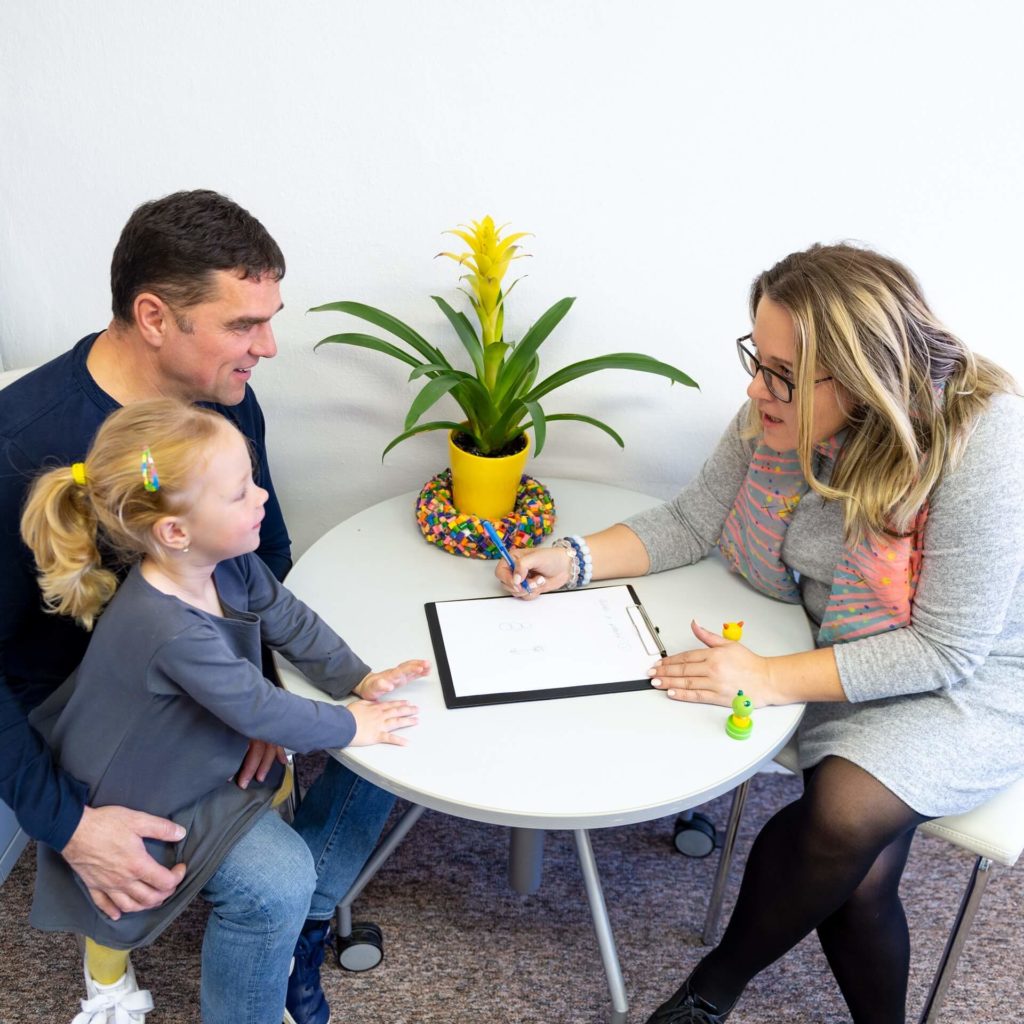Deciding to become a foster carer is a significant life decision for anybody. For Sandra, a foster carer based in the West Midlands, there were further considerations to work through when it came to her health.
Sandra lives with a neurological condition known as cerebral herniation, which causes brain tissue to move unnaturally from the back and bottom area of the brain responsible for movement and coordination, involving side effects such as headaches, high blood pressure, drowsiness and difficulty concentrating.
This led Sandra to seek out ways to reduce the impact of the condition on her day-to-day life, with an unlikely yet welcoming solution ultimately helping her to manage symptoms of the condition so that she could embark on a successful fostering adventure.
Having originally trained as a nurse and worked in some capacity from the age of 17, it soon became apparent that, as symptoms worsened to the extent that she struggled to assist with lifting of patients and related medical apparatus, the situation would eventually lead to big life decisions.
“I get intense headaches at times and get tired very quickly. I could be classed as disabled in terms of claiming benefits but personally I didn’t want to go down that route”, Sandra explained.
“I used to work in Birmingham, and one time when I was driving home from work, my left hand seized up and became almost like a claw”.
“The pain in my hand that night was absolutely horrendous. I actually thought at one stage that I had got MS, particularly when considering other symptoms like my eyes jumping and things like that”.
“Several years ago, I went into hospital just before Christmas and had the option to have an operation that could have improved my symptoms, although also had the potential for quite serious complications such as not being able to walk again, so in the end I didn’t go for it”.

“I then went to a homeopathy clinic in which they also specialised in bone techniques involving manipulation of the neck and my spine”.
“On the Boxing Day, I began to experience new symptoms such as my face feeling a bit strange. I went back to see him and he said ‘That’s fantastic, it means it’s working!’”.
Despite finding a breakthrough in terms of managing the condition, Sandra became aware that she could not continue carrying out lifting duties as a nurse, as this could still aggravate her symptoms further.
Faced with the reality of having to go on extended sick leave and perhaps even leave her career behind, Sandra fought to carve out new roles for herself which involved less physical tasks, yet still made use of her extensive knowledge of the industry.
“I said to them that I could still walk and talk, as well as train others”, Sandra continued.
“I then became an NVQ assessor and internal verifier, essentially finding myself a job which involved going around and supporting people”.
“There was also the essential needs training that I set up, which involved teaching numeracy and literary skills initially for unqualified staff, but ended up being adopted by nurses, doctors and consultants too. This involved me going back to college to get the necessary qualifications to carry out the role”.
“I was lucky enough to receive awards for this work, as well as awards for my involvement in evidencing and developing a programme for Year 10 and 11 year old students coming into the trust”.
While Sandra had been able to extend her career with the NHS, her need to work one day a week from home to manage her symptoms, while spending the rest of her time on NHS Trust sites, became problematic, as home working was stopped as a policy within her department. Unfortunately, this meant that she had to leave her position.
The flexibility of fostering in being able to meet the needs of a child or young person with the assistance of a wider support network alongside her husband and two older children became appealing to Sandra, who has already done a lot of work with looked after children and young people during her previous role.
“I’d always worked with young adults before and people that need just that little bit more support than anybody else”.
“I’d talked it through with my family and then filled in a form online. Within about an hour the National Fostering Agency were on the phone and arranged to come and see me the following week”.
“Once we had been approved as foster carers, we then cared for a baby. Sometimes it can be difficult doing things like moving them in and out of the cot, but you learn to adapt”.
“One of the few things I didn’t have was one of those baby seats that you can carry around. They’re heavy before you even start, so instead we took the baby out of the car seat and into a pushchair – you just adjust”.
“I think a lot of it is about understanding your own limitations in terms of looking after a child. For example, we were given the opportunity to take on a child that had his own special wheelchair, and straightaway we had to say that wasn’t possible. Part of it is safeguarding yourself as well as that child”.
At the National Fostering Group, we endeavour to both promote and work alongside diverse fostering communities, which is why our professional local teams made up of experienced social workers, carer engagement officers and more are on hand around-the-clock to answer queries and offer advice.
Because our foster carers are representative of all walks of life, we are there to ensure that you have the right support network in place to cope with any aspects of fostering that you find more challenging.
When it comes to her personal circumstances, Sandra explained how instrumental supervising social worker support from the NFA has been in helping her and her family adapt to fostering life.
“We had Lisa as our Supervising Social Worker, who was absolutely fantastic and so supportive. She then went on maternity leave, but we were then given another lady called Natasha who was equally supportive in listening and understanding where we were coming from”.
“Lisa has since come back from maternity leave and fully understands where we are at and what’s happening at any given time. When I have any problems, I know I can phone for help”.
“We have a girl with us who is nine now and we have had her since she was two and a half. She was only meant to stay for a couple of weeks!”

On how Sandra perceives her disability has impacted on her ability to foster:
“No, it hasn’t affected me to a great extent. You just have to be mindful of your own limitations. Because I can walk and talk, it doesn’t look like I’ve got a disability; it is one of those silent or invisible disabilities”.
“It’s all about making sure that your supervising social worker really understands your individual circumstances, so that you aren’t referred to look after children and young people that might be too much to handle”.
“I don’t think there’s a great deal that I can’t do, aside from going on rides with a foster child at theme parks for example. Our young girl is well aware that I can’t do these things, but one of my older daughters will do that”.
“In that sense she isn’t really missing out. In actual fact, it’s possibly the nurturing side of things, such as sitting down with them or playing board games that are the most invaluable moments”.
“If you do have a disability and you have somebody else there with you throughout the journey, then you can be doing the reading and playing – you don’t have to always be active”.
If you have been inspired by Sandra’s story and are considering fostering yourself, enquire with us today and a member of our team will be in touch to address any questions you may have.